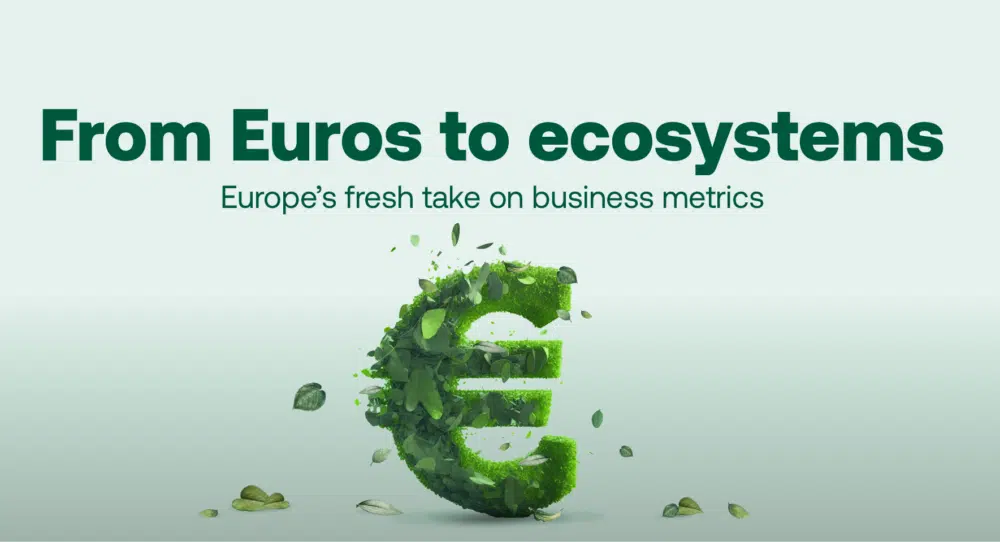

Emissions data will be integrated with financial records by 2024, which is more than simply a legal change; it’s representative of the growing awareness that the economic and ecological spheres are inextricably linked.
Examining the EU Directive in Detail
The current move by the European Union is not about bureaucracy, but rather about introspection. By the year 2024, businesses will disclose not only their financial but also their ecological health. This isn’t just extra information for the report; it’s a comprehensive look at what it means to create value in the modern world.
Many people have been operating with the assumption that profit and sustainability are on two different tracks that never meet. It’s becoming even more apparent that they are, in fact, complementary. Sustainable business practises have a positive impact on the environment and the financial line for companies who adopt them.
Customers nowadays, especially the younger ones, respond positively to companies who aren’t afraid to show their concern for the environment. There has been a fundamental change in the values held by the majority of people. However, there are real financial and reputational consequences for not adhering to sustainable practises. In a nutshell, being green benefits both the planet and the bottom line.
As businesses increasingly intertwine their fortunes with their environmental footprints, the carbon credits market finds itself at a crossroads. Yes, tech solutions are clear and scalable. However, the vast potential might be rooted in Nature-Based Solutions (NBS), like agriculture.
Yet, all projects aren’t created equal. The quality of initiatives, from Afforestation to Reforestation and Revegetation (ARR), can vary widely. It’s not just about planting trees but ensuring they thrive. As businesses become more discerning, there will be a premium on high-quality carbon credits, making rigorous validation essential.
Despite its conventional image, agriculture may actually be a source of future-oriented innovation. Increased soil health, biodiversity, and ecosystem resilience are only some of the advantages beyond carbon sequestration. In what way? Raise the profile of these efforts so that they are not just environmentally beneficial but also appealing within the context of the wider sustainability narrative.
New business practises are only part of what the EU’s newest legislation represents; it also represents a new corporate mentality. It serves as a sobering reminder that, despite our progress, we still have a ways to go. A trip where the good imprints we leave on the world matter as much as the money we make.
In this new narrative, traditional economic sectors like agriculture serve as a gateway to a prosperous and environmentally sound future. If we approach this road with modesty and resolve, we can make sure that our economic goals and environmental duties are compatible.

But without accurate soil data, they fall short. We provide the carbon industry with accurate ground truth.